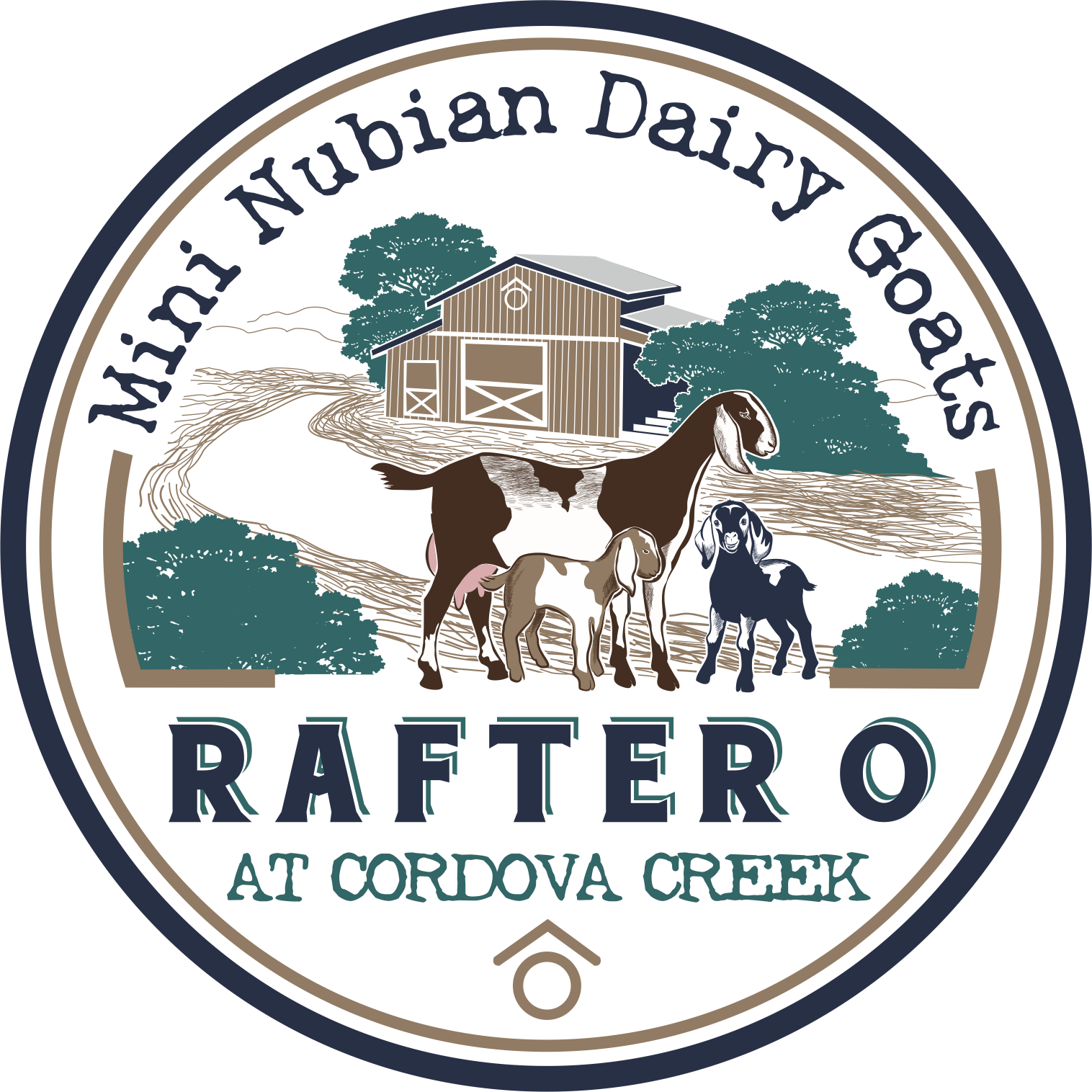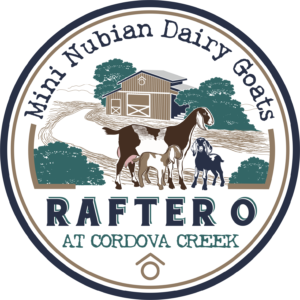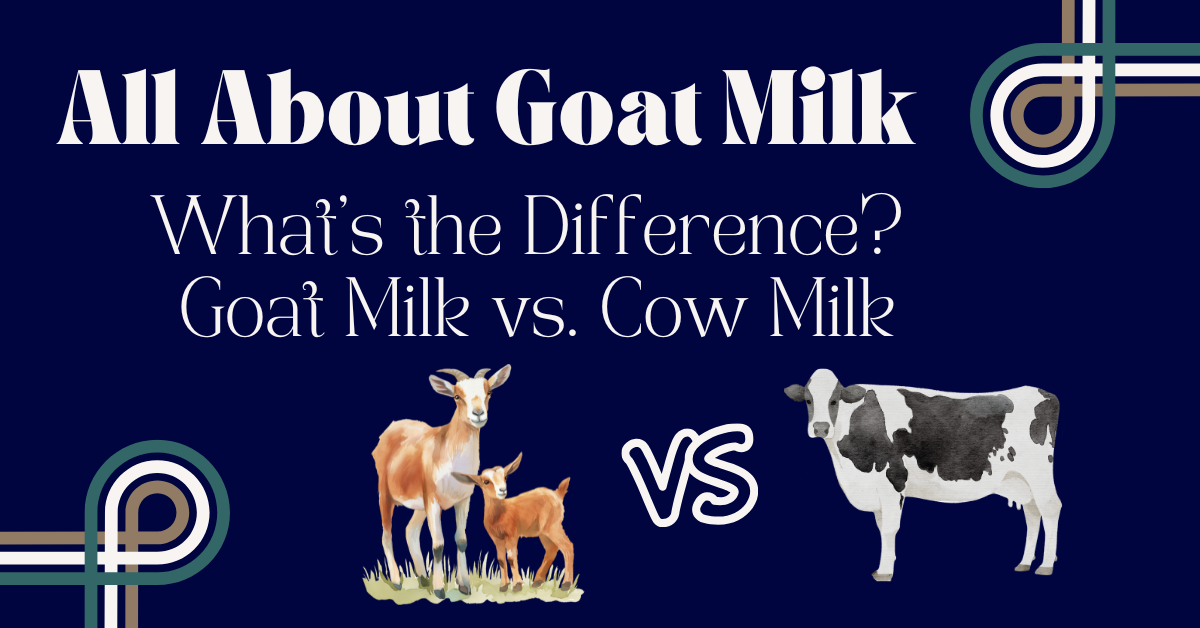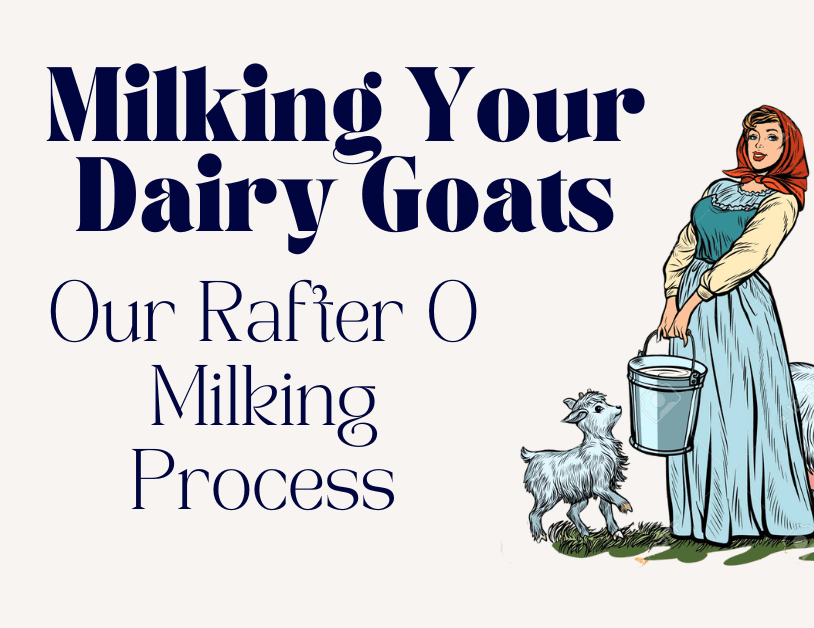What’s the Difference? Goat Milk vs. Cow Milk
And Why Mini Nubian Milk Might Be Your New Favorite!
If you’ve ever wondered, “What’s so special about goat milk?”—you’re not alone. With cow milk dominating grocery store shelves, it’s easy to assume they’re pretty much the same, just with different price tags. But the truth is: goat milk offers some incredible benefits that cow milk simply can’t match—especially when it comes from breeds like the Mini Nubian.
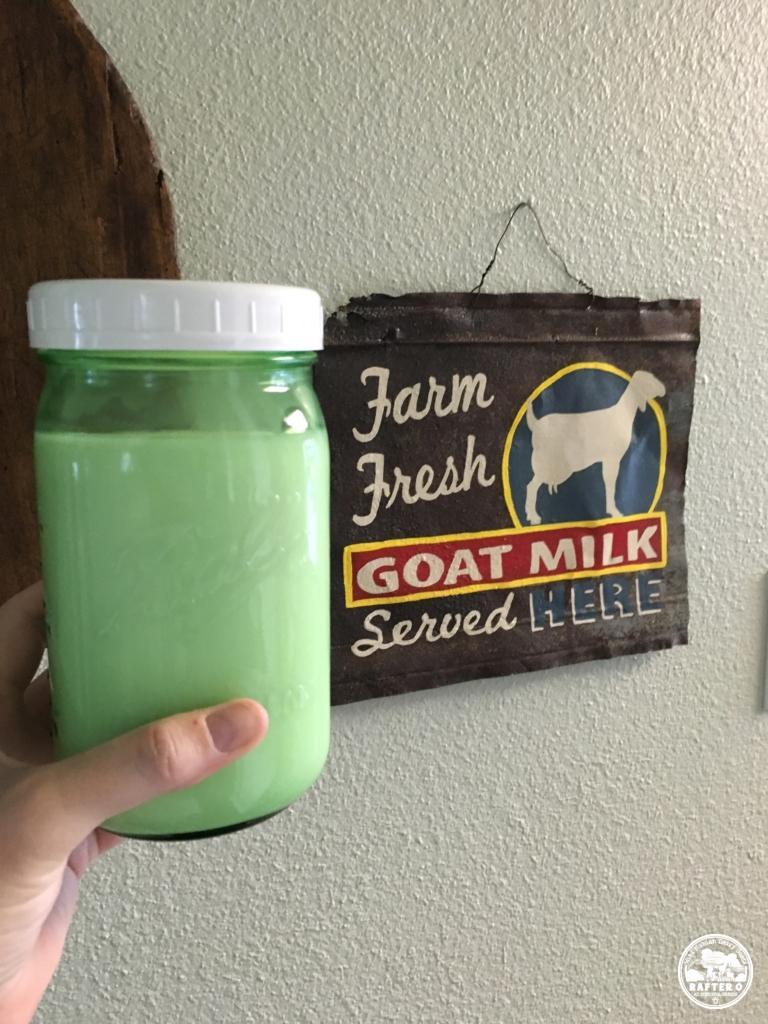
Easier to Digest—Even for Sensitive Tummies
One of the biggest advantages of goat milk is how easy it is on the digestive system. Many people who experience discomfort, bloating, or mild allergic reactions from cow milk find goat milk to be a gentler option. That’s because goat milk has smaller fat globules and a different protein structure that makes it easier to digest.
In fact, the A2 casein protein found in goat milk (versus the more inflammatory A1 casein in most cow milk) is often tolerated better by those with dairy sensitivities. Goat milk also has less lactose than cow milk—about 1 gram less per cup—making it a go-to choice for those who are mildly lactose intolerant.
And yes—even infants can sometimes thrive on goat milk! While it’s always important to talk to your pediatrician first, goat milk is often used as a supplement when breastfeeding is challenging, thanks to its digestibility and nutrient profile.
Rich in Nutrients that Matter
Let’s talk nutrition. Goat milk naturally contains:
- More calcium per serving than cow milk (33% vs. 28% of your daily value)
- Higher levels of magnesium, which supports nerve and immune function
- More potassium, important for heart and muscle health
- Increased vitamin A, essential for vision and immune function
- A better balance of essential fatty acids, such as medium-chain triglycerides (MCTs), which are easier to metabolize
Goat milk also tends to have a slightly higher protein content, which helps support growing bodies and active lifestyles—perfect for kids, athletes, or anyone needing a nutrient boost.
Why Mini Nubian Milk Is Even Better
Now, let’s get specific—Mini Nubian goat milk is something special. Mini Nubians are a cross between Nigerian Dwarfs and full-size Nubians, and they were bred with milk quality in mind. Their milk is known for being:
- Exceptionally creamy and sweet
- High in butterfat—usually between 4% and 6%, sometimes higher!
- Perfect for cheese, yogurt, and soap making
- Loved for its mild flavor—many people say it tastes just like cow milk, if not better!
At Rafter O, we choose Mini Nubians not just for their friendly personalities and compact size, but because their milk is ideal for families, homesteaders, and anyone looking for high-quality, small-batch dairy.
Taste the Difference
Still worried it might “taste weird”? We get it—but give it a chance! High-quality, fresh goat milk (especially from a clean, healthy herd) doesn’t have that “goaty” flavor you may have heard about. Mini Nubian milk is naturally sweet, creamy, and refreshing—with the richness of whole cow milk and the smooth finish of 2% or skim.
In Summary:
- Easier to digest, even for sensitive stomachs
- Lower in lactose
- Packed with essential nutrients
- Naturally sweet and creamy
- Perfect for young children, allergy sufferers, and dairy lovers alike
Goat milk—especially from Mini Nubians at Rafter O—isn’t just a great alternative to cow milk. It might just be your new favorite!

Benefits of Goat Milk
Hypoallergenic Value
Approximately 7% of children in the U.S. have symptoms of cow milk allergy, which can be attributed to reactions to alphaS1-casein or whey proteins in milk. Depending on the breed, goat milk contains negligible levels of alphaS1-casein. Research studies suggest that 40% or more of patients allergic to cow milk tolerate goat milk well.
Environmental Impact
Dairy goats need less water per gallon of milk produced than most other livestock raised for dairy. Also, goats produce nearly 20 times less methane per kg of body weight than dairy cows.
Clean & Mild Flavor
By chilling the milk rapidly and minimizing agitation of any kind, goat milk products have a very clean and mild flavor. More people in the world drink milk from goats than from any other species.
Short & Medium-Chain Fatty Acids
Goat milk contains significantly higher levels of short and medium-chain fatty acids than cow milk. It is suggested that these fatty acids are more rapidly digested, provide quick energy for the body and are associated with a variety of other health benefits.
Easy Digestibility
The average size of fat globules in goat milk is smaller than in cow milk and it forms a smaller and softer curd in the stomach. Small, soft curds are more rapidly broken down by stomach enzymes, which make goat milk more easily digestible.
Naturally Homogenized
Unlike cow milk, goat milk does not separate if left to settle. Goat milk dairy is less processed because homogenization, the process of forcefully breaking up fat globules in milk to achieve emulsification, is not necessary.
Full of Probiotics!
Courtesy of Redwood Hill Farm.
